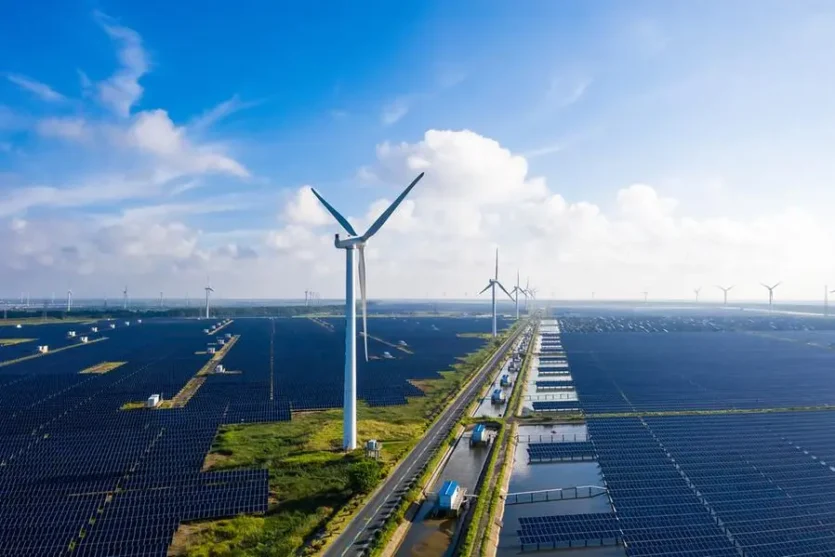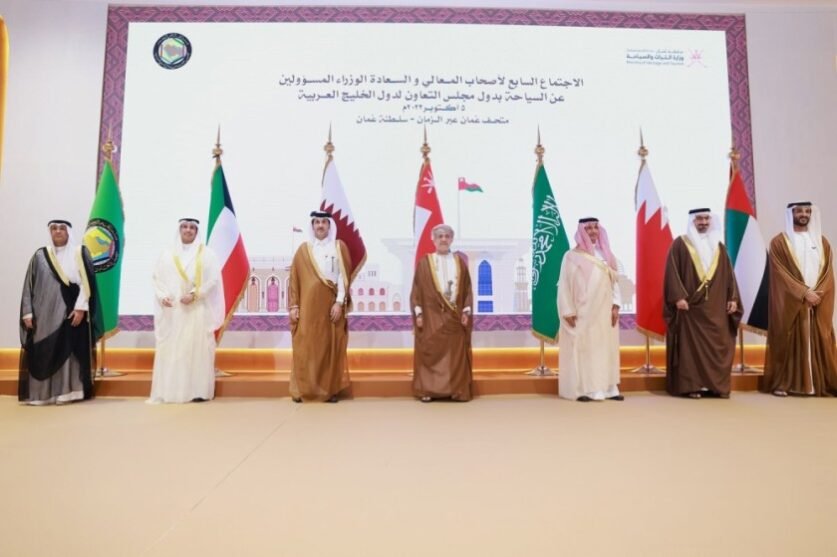Business Sector and Projects to Drive Oman’s Future
Business sectors And Projects that Can drives Oman's Future
-
Duqm Special Economic Zone Development: The Duqm Special Economic Zone (SEZ) is a major project aiming to transform Oman’s economy by developing a world-class industrial zone, port, and logistics hub. It attracts foreign investment, creates job opportunities, and diversifies the economy.
-
Renewable Energy Initiatives: Oman is exploring renewable energy projects to reduce its reliance on oil and gas. Investments in solar and wind energy projects can reshape the country’s energy landscape, making it more sustainable and environmentally friendly.
-
Tourism and Infrastructure Development: Oman’s tourism sector holds immense potential. Projects aimed at developing infrastructure, such as hotels, resorts, cultural sites, and entertainment facilities, can significantly boost tourism and the economy.
-
Water Desalination and Management: Water scarcity is a concern in Oman. Projects focusing on innovative water desalination technologies and efficient water management systems are crucial for the country’s sustainable development.
-
Education and Innovation Hubs: Investing in education and innovation centers can foster a knowledge-based economy. Establishing research institutions, technology parks, and promoting entrepreneurship can drive innovation and economic growth.
-
Healthcare Infrastructure Enhancement: Improving healthcare infrastructure, building modern hospitals, and investing in healthcare technology can enhance the quality of healthcare services and contribute to the well-being of the population.
-
Transportation and Connectivity: Developing transportation infrastructure, such as roads, railways, and ports, can enhance connectivity within the country and regionally, facilitating trade and economic development.
-
Agricultural Modernization: Projects aimed at modernizing agriculture, promoting sustainable farming practices, and utilizing technology for better crop yields can help Oman achieve food security and reduce dependency on food imports.
These projects, equipped with modern innovation and technology , if implemented effectively, have the potential to transform various aspects of Oman’s economy, society, and environment, setting the stage for a more prosperous and sustainable future
7 Benefits of Unified GCC Tourist Visa
7 Benefits of Unified GCC Tourist Visa
The GCC (Gulf Cooperation Council) unified tourist visa was a significant step toward boosting tourism across the Gulf region. The GCC comprises six member countries: Bahrain, Kuwait, Oman, Qatar, Saudi Arabia, and the United Arab Emirates (UAE). These nations recognized the potential economic benefits of tourism and collaborated to introduce a unified tourist visa system. Here’s how it helped to boost tourism across the region:
Streamlined Travel Process: The unified tourist visa simplified the visa application process for tourists wishing to visit multiple GCC countries. Rather than obtaining separate visas for each country, travelers could apply for a single visa, making it more convenient and less time-consuming.
Enhanced Tourism Accessibility: With a unified visa, tourists could explore multiple GCC countries during a single trip, encouraging them to discover diverse attractions, landscapes, cultures, and experiences within the region. This increased accessibility helped in promoting the entire Gulf region as a tourist destination.
Economic Impact: Simplifying the visa process attracted more tourists to the GCC countries. This influx of visitors positively impacted the economies of these nations through increased spending on accommodations, dining, transportation, and tourism-related activities.
Promotion of Tourism Industry: The unified visa initiative boosted the tourism industry across the GCC, leading to infrastructure developments, job creation, and investment in the hospitality and tourism sectors. It encouraged the growth of businesses catering to tourists and supported local artisans, tour guides, and small-scale entrepreneurs.
Cultural Exchange and Understanding: By facilitating easier travel between member countries, the unified visa promoted cultural exchange and understanding among the nations. Tourists had the opportunity to experience the rich heritage, traditions, and customs of different GCC cultures, fostering mutual respect and appreciation.
Competitiveness in Global Tourism: The unified visa made the GCC more competitive in the global tourism market. By offering a seamless travel experience, the region attracted tourists who might have otherwise chosen destinations with simpler visa procedures.
Increased Tourism Promotion: The collaboration among GCC countries for a unified visa also facilitated joint marketing efforts to promote the region as a whole, showcasing its diverse attractions and unique offerings to potential tourists worldwide.
Overall, the GCC unified tourist visa played a pivotal role in encouraging tourism growth, fostering economic development, and strengthening collaboration among member countries within the Gulf region.


